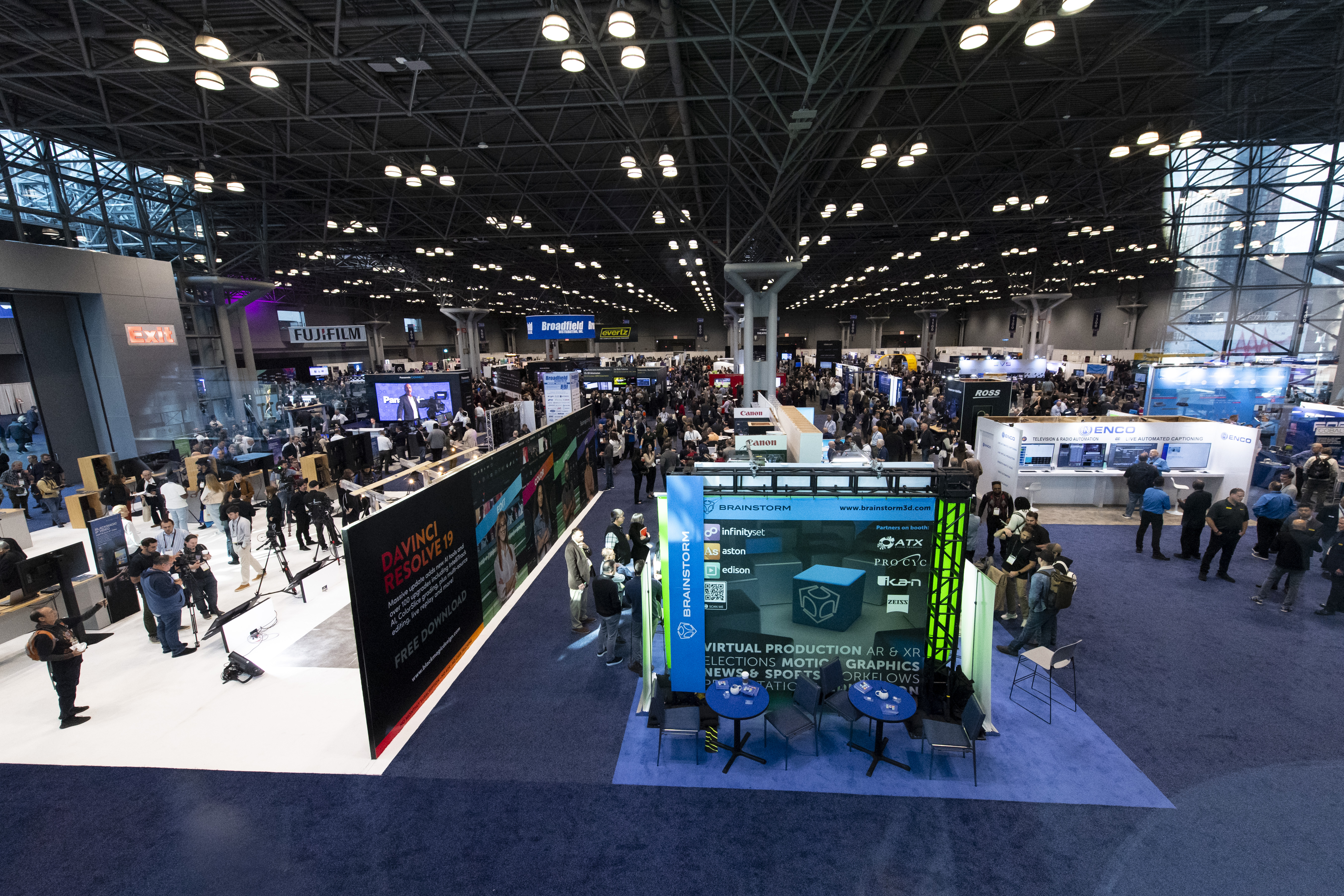In 1982, before anyone was considering DTV channel allotments, Congress modified the Communications Act of 1934 to add a section (331(a)) stating that the FCC must allocate commercial VHF channels in such a manner so that would be not less than one VHF channel per state, "if technically feasible."
Even though VHF TV channels, especially low-band VHF channels have been found to be less desirable than UHF channels in most situations--witness the number of stations filing applications to move from VHF to UHF--the FCC is still required to make sure every state has at least one commercial VHF channel. Last week the FCC initiated rulemakings to make sure that the two states considered deficient in VHF channels--New Jersey and Delaware--had commercial VHF allotments.
UHF or VHF DTV channels are scarce in the northeast, so it isn't surprising that the two proposed allotments are in the least desirable low-band VHF spectrum. The FCC has proposed allocating Channel 4 to Atlantic City, N.J. [PDF] and assigning Channel 5 to Seaford, Del. [PDF].
The FCC noted that the station assigned to analog Channel 9, in Secaucus, N.J., is now operating only on its DTV frequency, Channel 38. The remaining VHF channel allocated to Newark, N.J.'s WNET (Channel 13) has been operated as part of the New York State education network since 1961 and the Court of Appeals has ruled that this allotment does not qualify as a VHF channel allotment for the purpose of Section 331(a). And as Channel 12, which is allocated to Wilmington, Del., is reserved for non-commercial educational use, it too does not qualify under Section 331(a).
Both of these allotments are proposals only, and the FCC is soliciting comments on the proposed allotments linked to above. It is possible these may not be the final allocations. The FCC has stated that the filing of a counterproposal may lead to change allotments to a different channel for "any of the communities involved."
It is ironic to me that TV spectrum once considered a prime location for analog TV is now being avoided for DTV.
The professional video industry's #1 source for news, trends and product and tech information. Sign up below.

Doug Lung is one of America's foremost authorities on broadcast RF technology. As vice president of Broadcast Technology for NBCUniversal Local, H. Douglas Lung leads NBC and Telemundo-owned stations’ RF and transmission affairs, including microwave, radars, satellite uplinks, and FCC technical filings. Beginning his career in 1976 at KSCI in Los Angeles, Lung has nearly 50 years of experience in broadcast television engineering. Beginning in 1985, he led the engineering department for what was to become the Telemundo network and station group, assisting in the design, construction and installation of the company’s broadcast and cable facilities. Other projects include work on the launch of Hawaii’s first UHF TV station, the rollout and testing of the ATSC mobile-handheld standard, and software development related to the incentive auction TV spectrum repack. A longtime columnist for TV Technology, Doug is also a regular contributor to IEEE Broadcast Technology. He is the recipient of the 2023 NAB Television Engineering Award. He also received a Tech Leadership Award from TV Tech publisher Future plc in 2021 and is a member of the IEEE Broadcast Technology Society and the Society of Broadcast Engineers.
